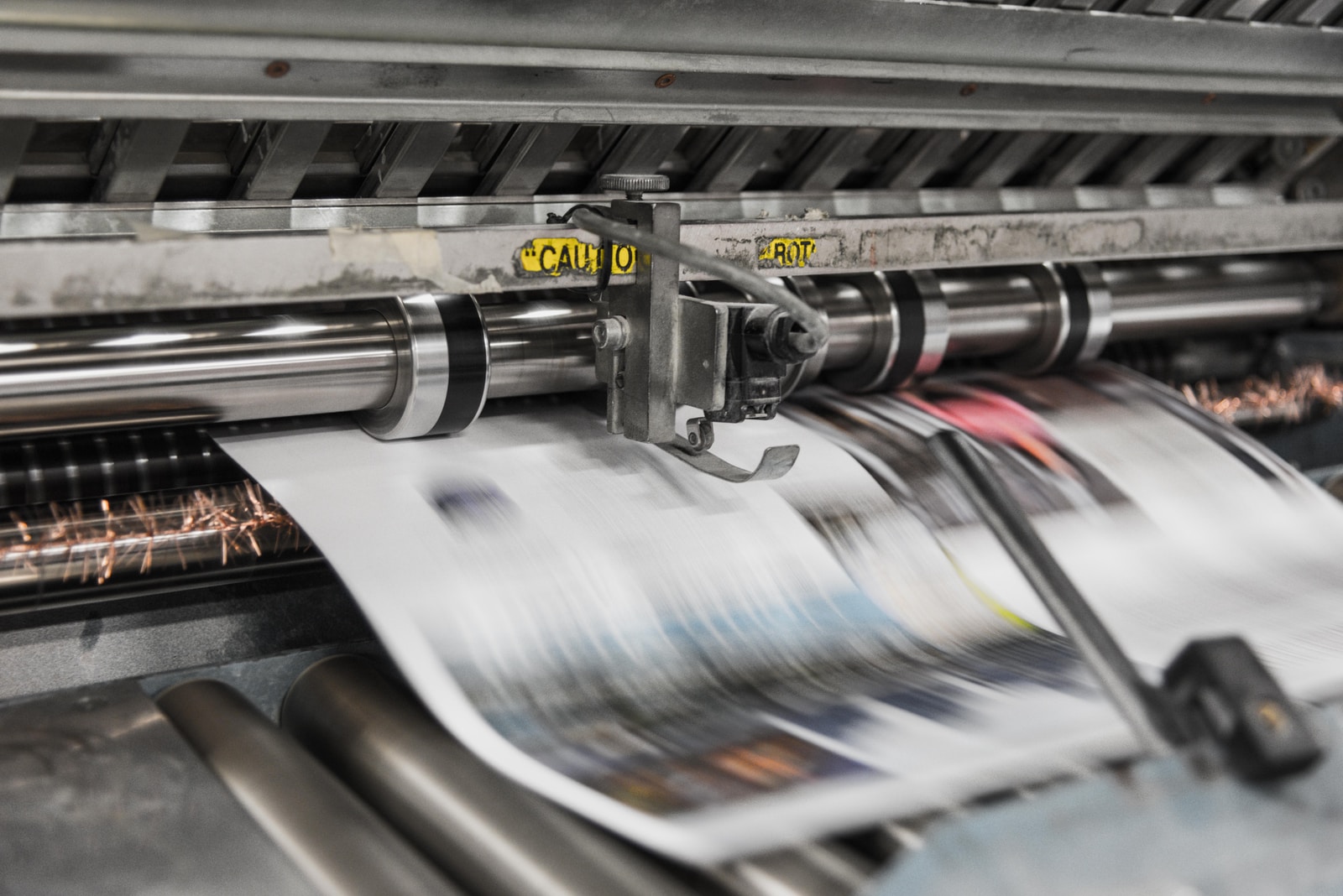Michael Bassett
bassettbrashandhide.com
Political historian Michael Bassett CNZM is the author of 15 books, was a regular columnist for the Fairfax newspapers and a former Minister in the 1984-1990 governments
Early this year, under the guise of “enhancing public interest journalism” that was deemed to be at risk due to COVID, the Cabinet established a Public Interest Journalism Fund. It is to assist the media to produce stories that keep New Zealanders informed and engaged, and to support a “healthy democracy”. The fund is also to “protect jobs at a local, regional and national level” believed to be in peril. Applications for grants were invited for $55 million to be made available over the run-up to the next election. New Zealand On Air is administering the fund.
The first handouts have been made. Interestingly enough, they haven’t been mentioned in any mainstream media that I’ve seen. Stuff received $300,000 to establish a “cultural competency course”. To encourage Maori TV, NZME, Pacific Media, Newshub and support partners to take on journalism cadets who are Maori or Pacific, a cool $2.4 million was handed out. NZME that produces the New Zealand Herald got $440,000. One estimate I’ve seen is that 40% of the total beneficence will go to Maori projects.
The obvious question to ask is how much of this shower of money was really necessary? Only yesterday amidst a gratuitous rave about itself, the Herald told its readers that under COVID their readership figures have climbed to record levels. More subscriptions, more use of its website, and from the share index, we can see a rising share price as well. Other recipients also appear to be surviving comfortably under lockdown.
The answer to why the handouts have been introduced is almost certainly a ministerial intention to keep the media sweet during the run-up to the election. Today (11 September), under a glowing photo of their Beehive benefactor, the Prime Minister, the paper’s editor claims the paper is “proudly independent – it’s the Herald way”. “We will be independent and not bow to improper internal or external influence”.
On the same page of the paper, however, a columnist noted with cynicism that “this Government, as it lurches from clumsy mistakes to avoidable crises, is currently getting an easy ride from the majority of the media operators”, the implication being that editors might well have been “bought”. In fact, they have tricks they use. The Herald de-platforms people whose views they don’t like, as I can personally testify. When a column I wrote for this site called “New Zealand’s Modern Cultural Cringe” found its way without my knowledge on to the Herald’s website, it was summarily removed. I was informed that my views were “racist”. These days that is the standard response to anything the government doesn’t like, but refuses to discuss. The same day, Leighton Smith was told never to interview me again on his show. Richard Prebble whose incisive weekly column in the Herald is very widely read was notified a few days after he mentioned my name in a column that he would henceforth appear less frequently in the paper.
Last week when David Seymour publicized the booking code for a Maori COVID vaccination centre, the Herald and other papers benefiting from the Public Interest Journalism Fund launched a barrage of critical articles and an absurd cartoon against Seymour. Not one has provided any evidence that a single Maori has been inconvenienced by Seymour’s action. With a bad grace, the Herald eventually gave Seymour space to print a powerful response. Not content, however, the paper’s pitiful editorial writer followed up with an accusation that the ACT leader was being “glib”, implying once more without any evidence, that he had endangered the Maori vaccination rate. Even the blind can see that with Seymour rising in the polls, the media’s Beehive benefactors are feeling increasingly endangered, and their sycophants are lashing out.
There is a message in all this. The media who have put out their hands and cheerfully pocketed taxpayer funds they don’t need have only themselves to blame if the public smells a rat and begins to doubt their message.
Please share this article so that others can discover The BFD.

